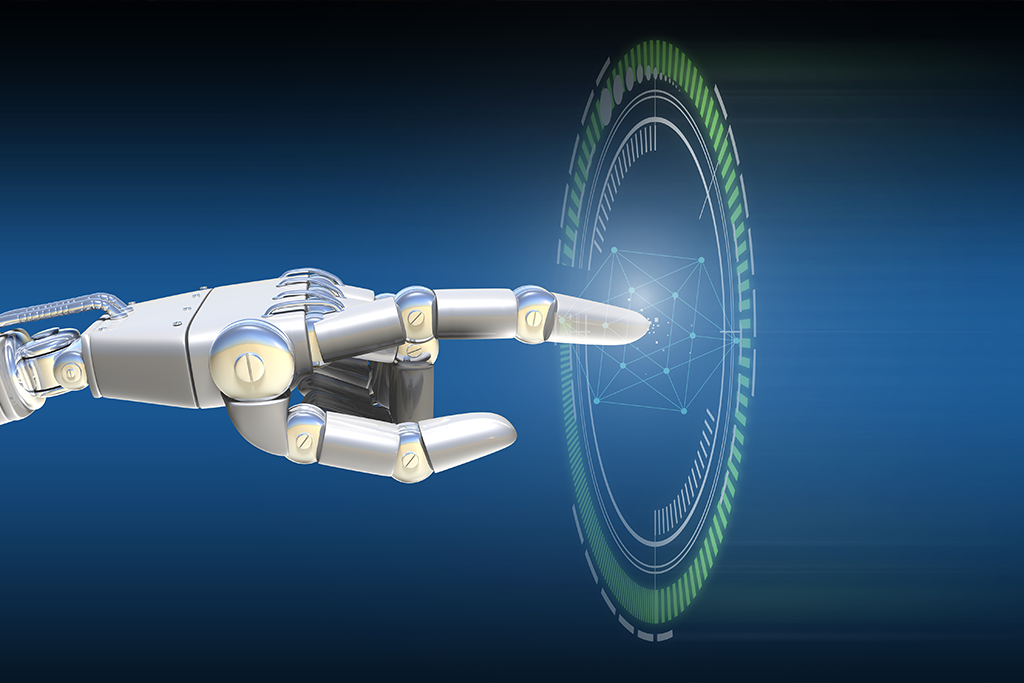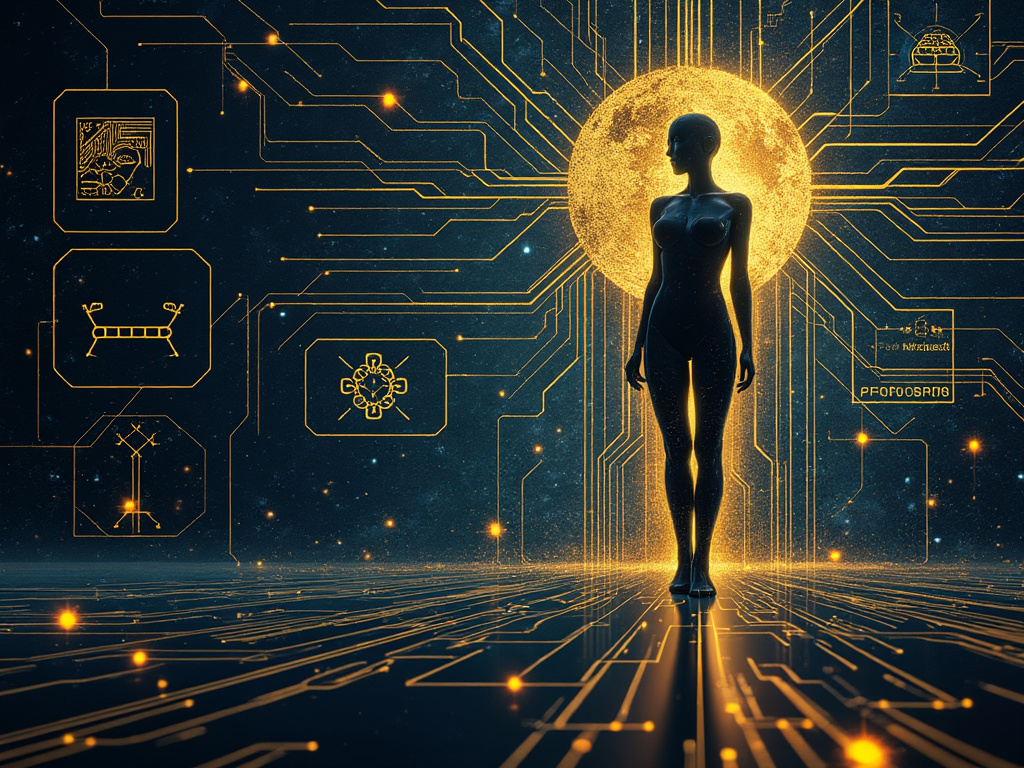Future of Identity: How Will Technology Affect How We Define Ourselves as Individuals & as a Society

Rise of Social Media & Self-Expression: How Online Identity is Changing the Way We See Ourselves.
The rise of social media has enabled people to express themselves and create online identities. With the ability to choose what to share, individuals have the power to curate their digital persona and project a certain image of themselves to the world. This can lead to a shift in how people see themselves, with online identities becoming a significant part of a person’s overall self-concept. However, there are also concerns about the impact of social media on mental health and the potential for social media to create a distorted or shallow understanding of a person’s true identity.
Virtual Reality & Future of Identity: Will We Become More Connected or Isolated
Virtual reality (VR) technology allows users to immerse themselves in a computer-generated environment and interact with it as if it were real. While VR has the potential to revolutionize many aspects of our lives, there are concerns about how it will impact our sense of identity and social connections. On one hand, VR can allow people to connect with others from around the world and experience things that would otherwise be impossible. On the other hand, excessive use of VR could lead to a disconnection from the real world and a loss of face-to-face social skills. As VR technology continues to evolve, it will be important to consider the balance between the benefits and potential drawbacks of this immersive technology.
The Ethics of Data Privacy and Personalization
As technology continues to advance, the collection and use of personal data have become increasingly common. From social media to online shopping, companies are constantly gathering information about individuals to personalize their experiences and better understand their needs. However, this raises ethical concerns about how this data is being used and whether individuals have enough control over their information. With the rise of artificial intelligence and machine learning, the potential for personal data to be used in unintended ways is also growing. It will be important to continue the conversation around data privacy and personalization to ensure that individuals have control over their information and that ethical standards are maintained in the use of this data.
Impact of Artificial Intelligence on Identity – Will AI Help Us
Artificial intelligence (AI) has the potential to revolutionize the way we understand ourselves by analyzing vast amounts of data and providing insights into our behavior and personality. AI can help individuals better understand their strengths and weaknesses, and potentially even identify aspects of their identity that they may not have been aware of before. However, there are also concerns about the potential for AI to reinforce biases or provide limited perspectives on a person’s identity. As AI technology continues to evolve, it will be important to ensure that it is used ethically and responsibly to maximize the potential benefits while minimizing the risks.
The Future of Biometric Authentication: How Will Technology Change the Way We Prove Our Identity
Biometric authentication, which uses unique physical characteristics like fingerprints, facial recognition, or voice recognition, has become increasingly common as a way to prove identity. As technology continues to advance, biometric authentication is likely to become even more widespread and sophisticated. This has the potential to make authentication more secure and convenient, as individuals would not need to remember passwords or carry physical identification. However, there are also concerns about the privacy and security of biometric data, as well as the potential for bias or discrimination in the use of this technology. As biometric authentication becomes more common, it will be important to address these concerns and ensure that ethical standards are maintained in the use of this technology.
The Role of Digital Citizenship in Shaping Our Identity
As technology continues to connect people from around the world, digital citizenship is becoming an increasingly important concept. Digital citizenship refers to the responsible use of technology to engage with others and create a positive online community. As individuals participate in online communities and engage with others from diverse backgrounds, their sense of identity is likely to be shaped by these interactions. This raises important questions about how we define ourselves as members of a global online community and how we balance our identities with our responsibilities to others. As digital citizenship continues to evolve, it will be important to consider how we can promote the responsible use of technology while also respecting individual identities and cultures.
The Impact of Augmented Reality on Identity
Augmented reality (AR) technology allows users to overlay digital content onto the physical world. This has the potential to transform the way we interact with our environment and shape our sense of identity. With AR, individuals can create alternate realities and customize their experience of the world around them. However, there are also concerns about the potential for AR to create a distorted or shallow understanding of reality and to further disconnect us from the physical world. As AR technology continues to evolve, it will be important to consider the impact on our sense of identity and the balance between virtual and physical experiences.
Future of Human Enhancement
As technology continues to advance, the potential for human enhancement is growing. From genetic engineering to brain-computer interfaces, technology has the potential to enhance our physical and cognitive abilities beyond what is currently possible. This raises important questions about what it means to be human and whether these enhancements will fundamentally change our sense of identity. There are also concerns about the potential for inequality and discrimination as some individuals may have greater access to these enhancements than others. As human enhancement technology continues to develop, it will be important to consider the ethical implications and ensure that this technology is used responsibly and equitably.

